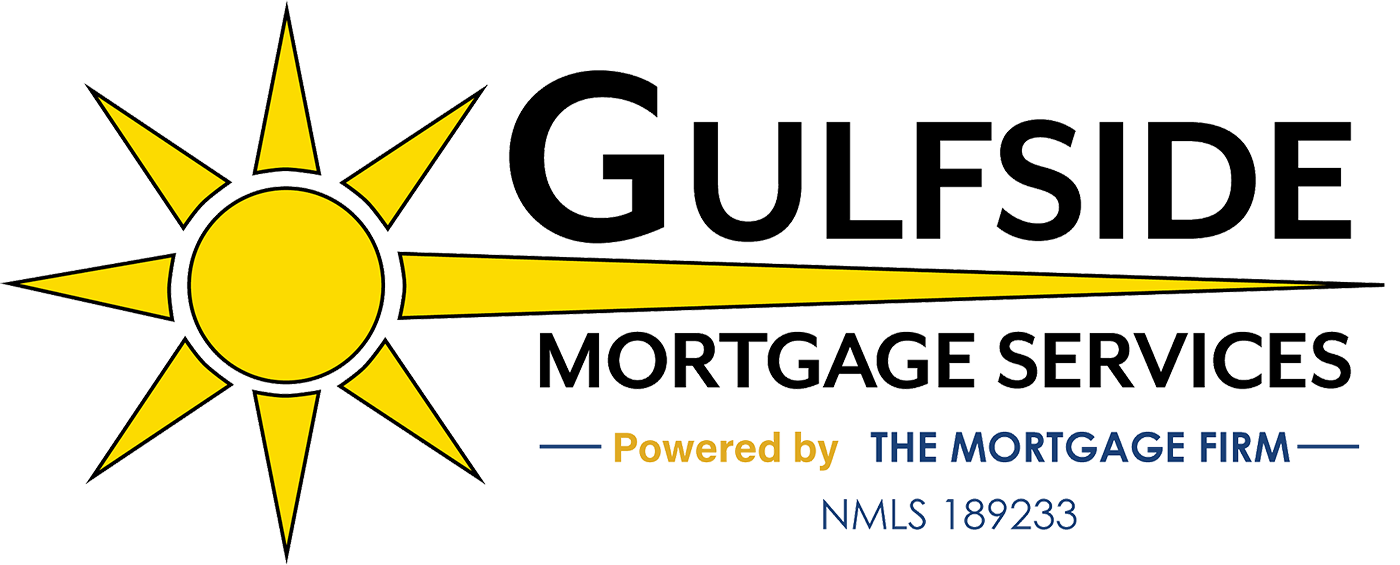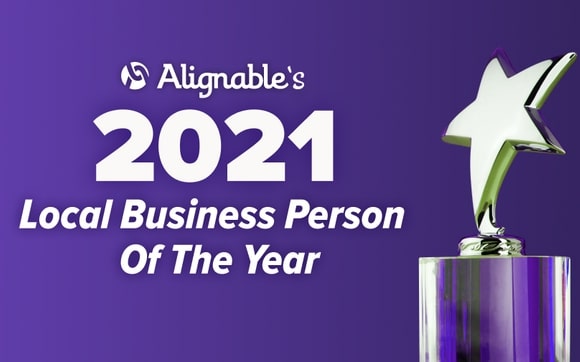FL Refinance Mortgage | Florida Home Equity
Refinancing
Refinancing your home can be an excellent way to bring down your monthly mortgage payment, raise cash, or consolidate debts with high interest rates.
When should you refinance?
One important factor is the difference between current interest rates and the rate of your original loan. You also need to take into account the amount of time it will take to recoup the costs of refinancing.
Some common reasons homeowners refinance include:
- Lower monthly mortgage payments
- Convert an adjustable rate mortgage (ARM) to a fixed-rate mortgage
- Raise funds for family expenses (i.e. college tuition)
- Pay off high-interest loans
- Home improvements
The old rule of thumb is that you should refinance your home if interest rates fall more than 2 points below your existing mortgage rate. That’s because refinancing usually involves most of the same closing costs (loan origination fee, prepaid interest, etc.) as the original loan. For anything less than 2 percent, the savings on your monthly mortgage payment might not be significant enough to be worth your while. However, the lender may be willing to waive many of the fees if all the information (survey, title search, etc.) for your old loan is still current. Or you may be able to roll the closing costs of a refinance loan into the new note. If you consider this option, be sure to calculate the potential savings vs. the expense of paying off a higher principal balance.
Savings vs. time
For some homeowners, though, the 2 percent rule is not as important as the time needed to break even on the refinancing. For instance, if it costs $3,000 to refinance a house, and the monthly mortgage payment is lowered by $90, it would take almost 3 years for the savings to cover the costs of refinancing.
Keep in mind that refinancing usually lengthens the time it takes to pay off your house. If you are 3 years into a 30-year mortgage and then refinance with a new 30-year loan, you’ll end up making payments on the house for 33 years. Nevertheless, if the monthly savings are substantial enough, you still could end up paying much less over the long haul with the new loan.
Converting an Adjustable Rate Mortgage (ARM)
Timing can also be a factor in switching from an ARM to a fixed-rate loan. For example, rising interest rates might influence you to convert your ARM into a fixed-rate loan if you plan to stay in your house for several more years.
Conversely, you may plan to move in a year or two, and find a lender who is willing to offer you dramatic interest rate savings with an ARM. In this case (and as long as the closing costs are minimal), it might make sense to switch from a fixed-rate loan to an ARM.
Equity
Raising cash with home equity loans…use caution
If you’ve built enough equity, you can refinance in order to take cash out of the property. Perhaps you need money to pay off your credit cards, add a new bathroom, or cover the costs of braces for a child. Regardless, lenders will typically allow you to borrow against the equity you’ve built in your house, plus appreciation (often up to 75 percent of the current appraised value). These types of loans are also called home equity loans.
Be cautious, however, of lenders offering 100 percent or 125 percent home equity loans–their rates are often markedly higher than traditional lenders. In addition, any amount you borrow that is above the market value of the house is NOT tax deductible. Check with your tax professional.
Contact Gulfside Mortgage Services for assistance moving forward with your refinancing. Gulfside Mortgage Services will help you compare rates and costs to ensure the best mortgage terms.

























